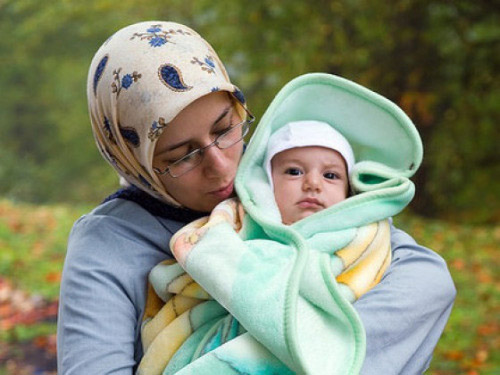Hats off to all mothers-to-be undertaking Ramadan fasting.
According to a recent study, about three quarters of pregnant Muslim women worldwide choose to fast during Ramadan, despite the clear flexibility they are given by Islamic Sharia to decide not to fast.
The ultimate decision whether to fast or not lies between the mother-to-be and her physician.
If your physician clears you to fast, make sure you pamper yourself, as this will have a direct impact on your baby’s health.

Have a discussion with your physician about your susceptibility to a high-risk pregnancy.
📚 Read Also: The ABCs of Fasting in Ramadan
Stay Happy: Pregnancy gives women a natural glow, making them feel content and secure. So just carry on with this natural, positive approach, keep smiling and only fast for as long as it is comfortable and healthy.
Eat Healthily: Always remember that you need to eat for you and for your baby. Laziness and loss of appetite aren’t allowable excuses where the sohour and iftarmeals are concerned.
Incorporate healthy foods that release energy slowly such as whole grains, seeds, pulses, vegetables, dried fruits, nuts, well-cooked meat, green leafy vegetables, apricots and eggs.
Avoid sugary foods as they cause a rapid increase in blood glucose levels, resulting also in rapid drops in your sugar levels, making you feel dizzy.

At iftar (the sunset meal), avoid binging and instead eat small, frequent meals at regular intervals until sohour (the predawn meal).
Don’t Forget: Take nutritional supplements like iron, calcium, folic acid, minerals and other nutritious substances required during pregnancy after talking to your healthcare provider.
Continue Reading…
Pages: 1 2